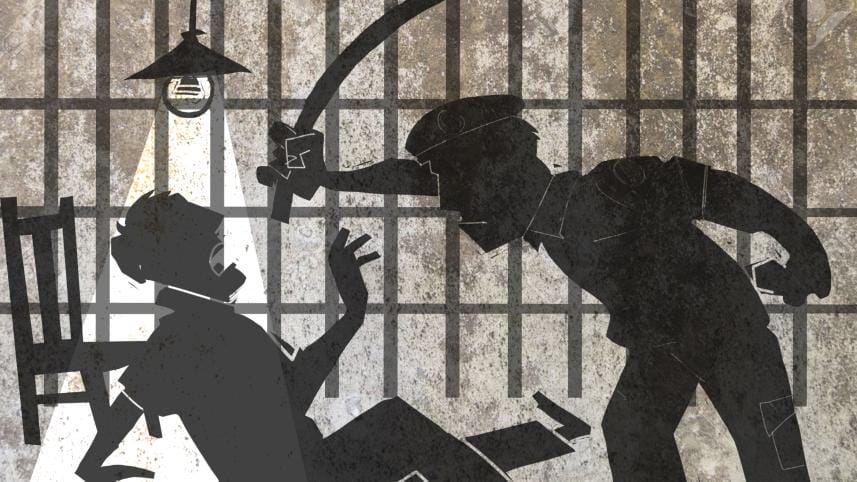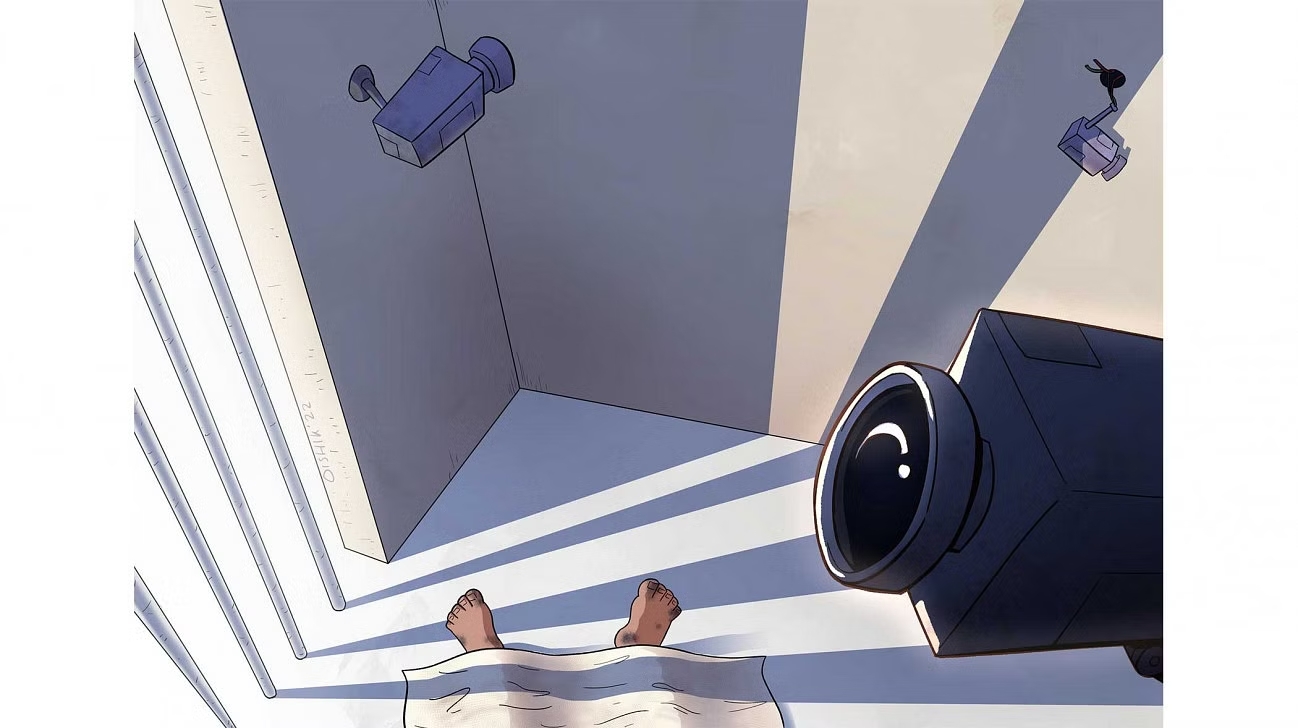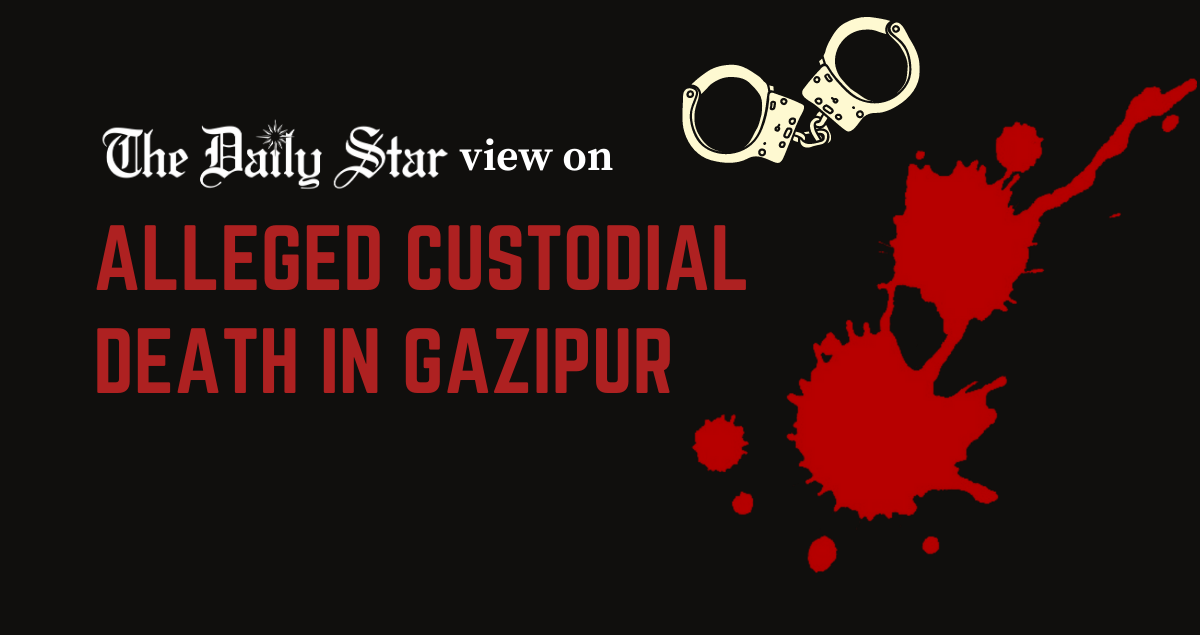Why the reluctance to rethink police powers?

Twenty-four years was an entire lifetime for Shamim Reza Rubel. On July 23, 1998, Rubel was picked up by plainclothes DB (Detective Branch) members of police on suspicion of possessing illegal weapons. Faced with brutal torture by the police, he made a forced confession and ultimately died of haemorrhage and shock due to severe beating. On July 13, 25 years after Rubel's death, the Appellate Division of the Supreme Court once again upheld the guidelines to stop the arbitrary arrests made by police based on suspicion and the torture of the accused in police custody. The court first provided these guidelines in 2003 to ensure the rights of the accused persons in custody – and the government has been opposing them ever since.
Following Rubel's death in 1998, rights organisation BLAST filed a writ petition challenging (i) the arbitrary arrests of people on the basis of suspicion and (ii) the torture of the accused in police remand to obtain confession. The petitioners argued that these two discretionary powers of the police go against the fundamental constitutional rights of the accused. In response to that writ, the High Court delivered the momentous verdict in 2003 barring law enforcers from arbitrarily arresting people based on suspicion and simultaneously provided a set of 15 directives, while declaring that sections 54 and 167 of the Code of Criminal Procedure 1898 (CrPC) were inconsistent with the Constitution. Even after two decades, the parliament has not amended these provisions.
The court's directives set out the approach that the law enforcement and judiciary should follow after the arrest of an accused. The judgment was impressive and bold; it went on to define the extent of reasonableness of suspicion that was required before the police could arrest someone, necessitated the police officer to disclose their identity, and directed the police to inform the relatives of the accused within one hour of bringing the accused to the police station.
The BNP-led government filed an appeal against this judgment at the time. However, in 2016, the Appellate Division dismissed that appeal and upheld its own directives, barring police from arresting citizens on suspicion of crime. The AL-led government in 2017 again filed a petition seeking review of the Appellate Court's judgment. On July 13 this year, the judiciary upheld the directives for the third time. It's interesting to note that the two political parties which can never agree on anything could converge on the wish to arrest a citizen based on the mere suspicion of a crime. After all, silencing dissenting voices would be of interest to anybody in power, regardless of their political ideology.
In 2016, after the High Court had dismissed the government's appeal, Law Minister Anisul Huq stated that he found it hard to call Section 54 "bad" and that whether an emergency provision like Section 54 is good or bad depends on its application.
Section 54 allows the police to arrest a person without a warrant under nine circumstances, the most common one being if the police have reasonable suspicion that the person has committed a cognisable offence (type of offence where police can make arrests without needing the court's approval). "Reasonable suspicion" has not been defined in the CrPC, and so over the years it has been misused to construe everything from undefined guesses to imaginative whims and has been weaponised to harass, intimidate, and silence dissenting voices who do not agree with the administration.
After arresting and producing the accused before a Magistrate within 24 hours, Section 167 allows the police to ask the Magistrate to return the accused person to police custody for further interrogation. The Magistrate can grant such detention of the accused for a maximum of 15 days. Ideally, the extension to interrogate should be treated as an exceptional power that must only be exercised based on credible and well-founded information implicating the accused person in a crime. However, it is no secret that such return to custody is now more synonymous to brutal police torture than interrogation. Considering that the mass outlook of how these legal provisions are applied is remarkably negative, it is in fact hard not to call them fundamentally "bad."
At this juncture, I am interested to know exactly what the impediment is in requiring the police to maintain a higher standard in practicing their power. If I get caught by the police on suspicion of a crime, why should my family not be informed? Why should I not be allowed to access a lawyer? In opposing the directives, the government has presented numerous logic over the years to the court. One of these is that notorious terrorists could take advantage of these directives. Come to think of it, this possibility exists in every country in the world, but it does not mean that they do away with the fundamental Constitutional rights of the citizens. If I assume that the state has been opposing these directives with the utmost good intentions of maintaining law and order (and not to harass, intimidate, and oppose dissenting voices), even then I fail to understand why the vast majority of citizens like myself, who are not notorious terrorists, should become the sacrificial lamb to police's trial and error method of "torture and find out if the accused is a criminal" instead of ensuring that the police understand how these directives operate. Surely, requiring the police to work based on knowledge, fact, and reason instead of mere unfounded suspicion cannot be too much to ask for.
The most ludicrous justification from the government's side is that these directives are not "proper due to the socioeconomic conditions of the country." Are we to assume that the mass population of Bangladesh is too poor to deserve such "progressive" rights? The directives reflect a civilised approach and are proportional for dealing with someone who has been arrested on nothing more than suspicion and is proclaimed to be innocent in the eyes of law. The court has humanised the accused by allowing them rights and respect.
The extreme delay in the non-implementation of the directives is alarming. Twenty years have gone by and citizens continue to get arrested and tortured in police custody, while the state has been delaying a fair solution by initiating one appeal after the other. Now that the judiciary has given its final word, perhaps we can expect a reluctant step forward by the Parliament, even if it's merely for the optics.
Anupoma Joyeeta Joyee is a barrister-at-law.




 For all latest news, follow The Daily Star's Google News channel.
For all latest news, follow The Daily Star's Google News channel. 


Comments